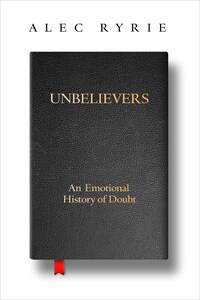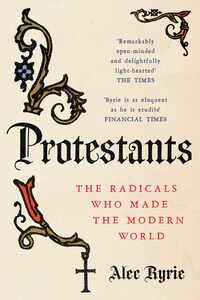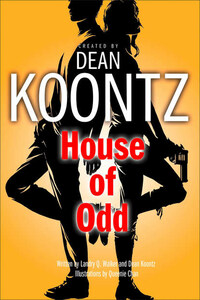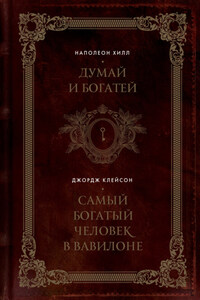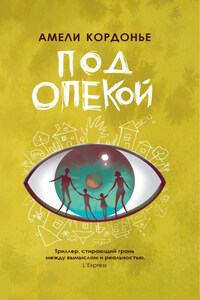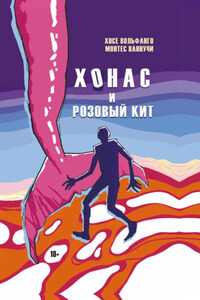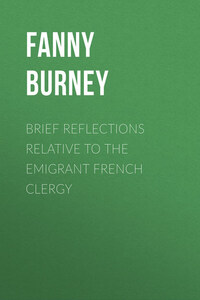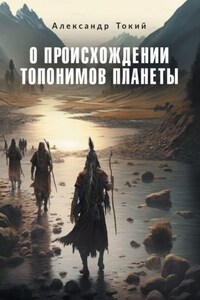An Emotional History of Doubt
William Collins
An imprint of HarperCollinsPublishers
1 London Bridge Street
London SE1 9GF
www.WilliamCollinsBooks.com
This eBook first published in Great Britain by William Collins in 2019
Copyright © Alec Ryrie 2019
Cover design by Jack Smyth
Cover images © Shutterstock
Alec Ryrie asserts the moral right to be identified as the author of this work
A catalogue record for this book is available from the British Library
All rights reserved under International and Pan-American Copyright Conventions. By payment of the required fees, you have been granted the non-exclusive, non-transferable right to access and read the text of this e-book on-screen. No part of this text may be reproduced, transmitted, down-loaded, decompiled, reverse engineered, or stored in or introduced into any information storage and retrieval system, in any form or by any means, whether electronic or mechanical, now known or hereinafter invented, without the express written permission of HarperCollins
Source ISBN: 9780008299811
Ebook Edition © October 2019 ISBN: 9780008299835
Version: 2019-09-23
for Victoria, my believer
‘Most of us, I suspect … make an instinctive decision, then build up an infrastructure of reasoning to justify it. And call the result common sense.’
Julian Barnes, The Sense of an Ending
Two friends, Christian and Hopeful, are travelling in search of Heaven. On the road, they meet a man named Atheist. When they tell him about their quest, he erupts into ‘a very great Laughter’: ‘I laugh to see what ignorant persons you are, to take upon you so tedious a Journey … There is no such place as you Dream of.’[1]
In John Bunyan’s fable, the travellers stop their ears to these siren words and continue on their way. But as Bunyan knew all too well, Atheist’s defiance was in fact dangerously compelling. The thought he gave voice to was already haunting the historically Christian cultures of Europe and North America when he wrote The Pilgrim’s Progress in the 1670s, and has done so ever since. Perhaps you disagree with Atheist, but you are certainly familiar with the point he was making. Or perhaps you think he spoke the plain and self-evident truth.
This book is about one of the most momentous changes in modern history: the appearance in the once-Christian West of post-religious societies.[2] This is not a total transformation (at least, not yet). Europe and especially North America still have a great many believers, who still have a powerful public voice, and Western culture is steeped in Christianity’s cultural residue. But in every Western society a rapidly rising share of the population, and especially of young people, claims to have no religion. Even in the assertively pious United States, in 2007 this was true of an unprecedented 16 per cent of adults. By 2014 that share had risen to 23 per cent (that is, around 55 million people), including well over a third of those born since 1980.[3] In many of the regional, educational and political subcultures that make up the modern United States, open and unapologetic unbelief is now the norm: something that has never been true before the current generation. In Europe, the share of adults who profess no religion now ranges from a sixth (in Italy and Ireland), to around a quarter (Britain, France, Germany), to well over 40 per cent (Norway, Sweden, the Netherlands). Other studies put the figures even higher. A 2015 survey had 43 per cent of British adults claiming no religion, a figure rising to 70 per cent of those under 24.[4] And on both sides of the Atlantic, many of those who do still claim a Christian identity do so only nominally or residually, their daily lives largely undisturbed by their professed religion.
‘Why,’ the philosopher Charles Taylor asks, ‘was it virtually impossible not to believe in God in, say, 1500 in our Western society, while in 2000 many of us find this not only easy, but even inescapable?’[5] Many of those who (like Taylor himself) continue to believe are conscious of swimming against a cultural tide. Over a century ago, Friedrich Nietzsche notoriously claimed that ‘God is dead … and we have killed him’. In large and growing parts of Western society, that shocking claim has turned into a self-evident truth.
